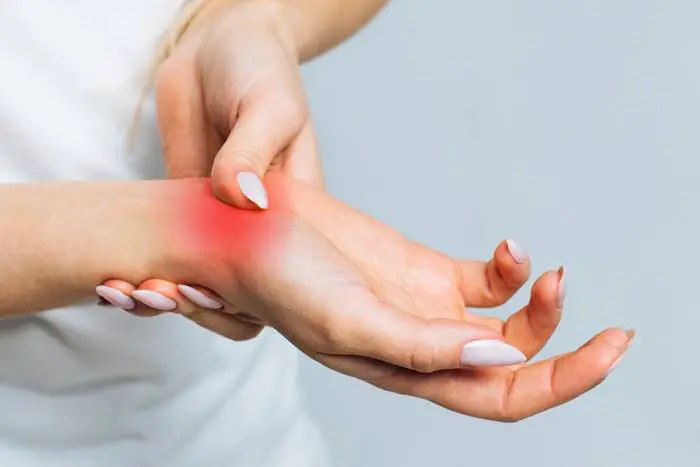Rheumatoid arthritis (RA) is a chronic inflammatory disease that affects the joints, causing pain, stiffness, and swelling. It can also affect other parts of the body, such as the skin, eyes, lungs, and blood vessels. RA is an autoimmune disease, which means that the body’s immune system mistakenly attacks its own tissues. In this article, we’ll discuss the symptoms, treatment, and diet for rheumatoid arthritis.
Symptoms
The symptoms of rheumatoid arthritis can vary from person to person, and they can come and go. Some people may have mild symptoms, while others may have severe symptoms that can affect their ability to perform daily activities. The most common symptoms of RA include:
- Pain and swelling in the joints, especially in the hands, wrists, and feet
- Stiffness in the joints, especially in the morning or after sitting for a long time
- Fatigue
- Fever
- Loss of appetite
- Weight loss
- Rheumatoid nodules (small lumps under the skin)
If you experience any of these symptoms, it’s important to see a doctor for a proper diagnosis.
Treatment
There is currently no cure for rheumatoid arthritis, but there are treatments available that can help manage the symptoms and slow the progression of the disease. The goals of treatment are to reduce inflammation, relieve pain, prevent joint damage, and improve overall function and quality of life. Treatment options for RA include:
- Medications: Nonsteroidal anti-inflammatory drugs (NSAIDs), disease-modifying antirheumatic drugs (DMARDs), and biologic agents are often prescribed to reduce inflammation and pain and slow the progression of the disease.
- Physical therapy: Physical therapy can help improve joint flexibility and range of motion, as well as reduce pain and stiffness.
- Occupational therapy: Occupational therapy can help you learn how to perform daily tasks without putting too much strain on your joints.
- Surgery: In some cases, surgery may be necessary to repair or replace damaged joints.
Diet
While there is no specific diet that can cure rheumatoid arthritis, some foods may help reduce inflammation and improve overall health. It’s important to maintain a healthy and balanced diet that includes:
- Fruits and vegetables: These are rich in antioxidants, which can help reduce inflammation.
- Whole grains: Whole grains are a good source of fiber, which can help lower cholesterol levels and reduce inflammation.
- Omega-3 fatty acids: Omega-3 fatty acids, found in fatty fish like salmon and mackerel, can help reduce inflammation.
- Calcium and vitamin D: Calcium and vitamin D are important for bone health, especially for people with rheumatoid arthritis who are at higher risk of osteoporosis.
On the other hand, some foods may worsen inflammation and should be avoided or limited, including:
- Processed foods: These often contain high levels of salt, sugar, and unhealthy fats.
- Red meat: Red meat contains high levels of saturated fats, which can worsen inflammation.
- Alcohol: Alcohol can interfere with the effectiveness of some medications and can also worsen inflammation.
Rheumatoid arthritis can be a debilitating condition, but with proper treatment and management, patients can lead a fulfilling life. In Latvia, there are several clinics and centers that specialize in treating this condition, but one that stands out is the Latvian Center for Microsurgery.
The Latvian Center for Microsurgery is known for its highly skilled specialists and state-of-the-art facilities. They offer a range of services for rheumatoid arthritis patients, including surgical and non-surgical treatments. Patients can be confident that they are receiving the best care possible at this center.
If you or a loved one is struggling with rheumatoid arthritis, don’t hesitate to seek help. With the right treatment and support, it’s possible to manage the symptoms and improve quality of life. And if you’re in Latvia, consider the Latvian Center for Microsurgery as a top option for your care.
In conclusion, rheumatoid arthritis is a chronic inflammatory disease that affects the joints and can cause pain, stiffness, and swelling. While there is no cure, treatments are available that can help manage the symptoms and slow the progression of the disease. It’s also important to maintain a healthy and balanced diet that includes anti-inflammatory foods and avoids pro-inflammatory foods. If you experience any symptoms of rheumatoid arthritis, it’s important to see a doctor for a proper diagnosis and treatment plan.
[Image via: Google Images]

